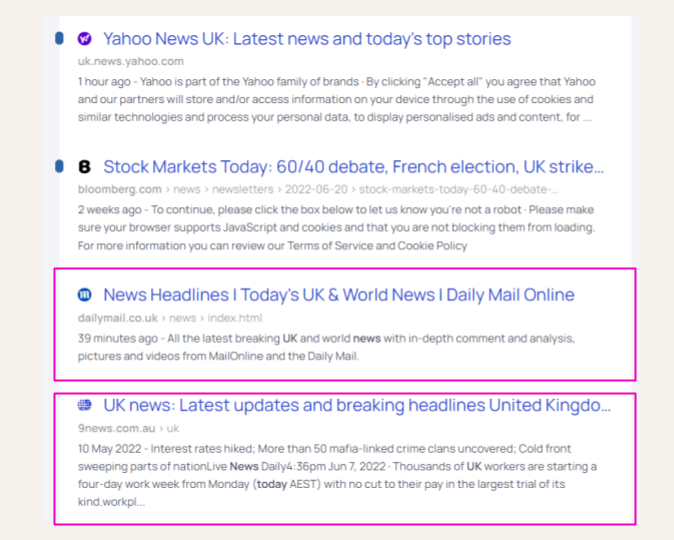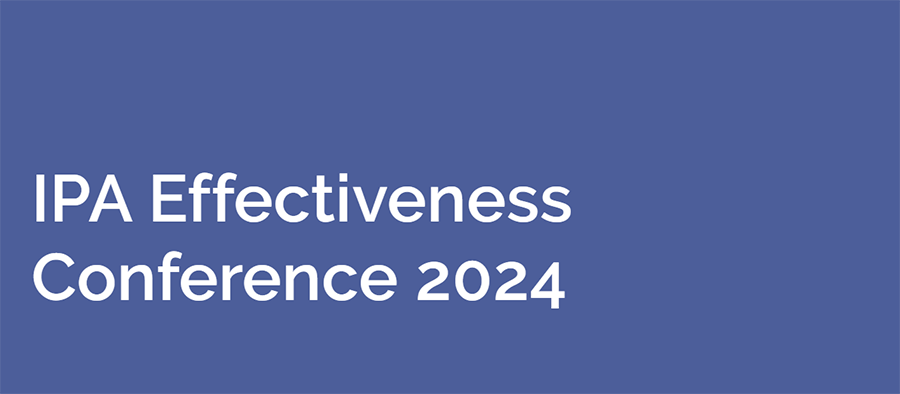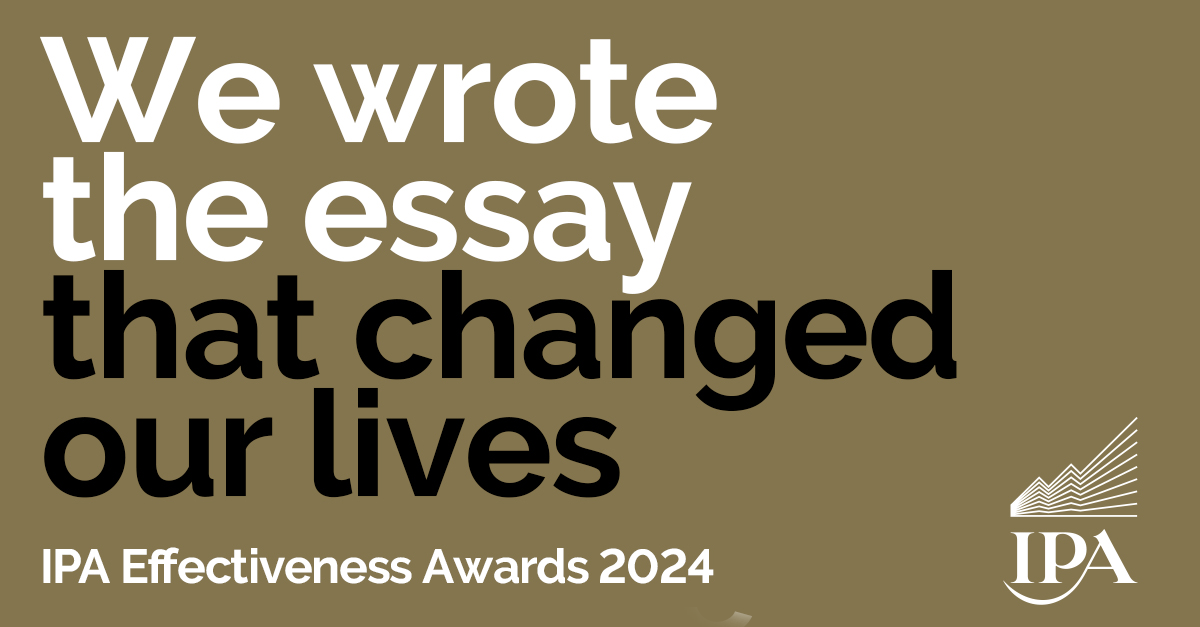A look at Brave Goggles, the new search filtering function from the privacy-first web browser. Does it herald a new age of user empowerment – or spell the end of unbiased Search?
I am sure that algorithms and data are not words that would casually happen in conversation just a few years back. And yet, now, it seems that they are the central point of any conversation around technology, development and privacy.
People have become increasingly aware of how their digital behaviour, or footprint, influences the content they are served across any platform. And even more than algorithm and data, the word that captures all feelings here is bias.
How can we trust information when mathematical calculations are choosing what we see from a pool of billions and billions of results? And how can we account for bias if those calculations are based on our own very biased human experiences?
It seems that the search engine developed by the browser Brave is tackling this issue with the motto ‘Let me de-Google that for you (LMDGTFY)’. In fact, the brand is on a mission to de-establish big tech platforms that use extensive tracking and offer their users a private search engine with a brand new function that enables them to filter rankings. They’ve even given it a cheeky name: Goggles.
It’s an interesting move that, at the very least, promises to give people an insight into how their web results are influenced behind the scenes.
So we tested it. We tried the search engine with a focus on the new Goggles function to explore it from an SEO perspective. Are there behavioural trends lying in the future that Goggles can help us see?
First a bit about Brave
Brave search engine is a free web browser developed by Brave Software, Inc. (We first mentioned it wayyyy back in our whitepaper on disruptive ad tech.)
Brave was initially launched in 2016 with the mission of prioritising users’ privacy by blocking ads and tracking. In 2021, Brave launched a beta for Brave search engine. Since then, Brave has grown to account for more than 5 billion annual queries, and introduced different tools and functions such as ‘Discussions’.
More recently, in June 2022, Brave moved the search engine out of beta and launched its new feature…
What is Goggles (mind how you type that…)
Goggles is a feature of Brave search engine that enables users to create or use pre-created filter options to alter the ranking criteria. This essentially means that users are able to see limitless different results according to criteria chosen by them.
The company has declared that the mission of Goggles is to counter the bias of regular search engine algorithms and enable users to see niche results that would never appear on a classic search results page.
While Goggles is still in Beta, the question remains as to whether this will become a trend for other search engines to follow.
Some Goggles are already available while others can be created. A popular Goggle is ‘No Pinterest’, which claims to do what it says and avoids the image usability issues Pinterest can create on image searches.
Two prominent, and more potentially controversial, Goggles are ‘News from the left’ and ‘News from the right’. These are powered by AllSides’ Media Bias ratings and allow users to filter news according to their political affiliation.
Let’s try Brave Goggles
I have decided to try Brave search engine and, in particular, the Goggles that filter news from the left or right. As a big leftie, I often struggle with deciding whether I am being served an accurate recount of events in news articles.
To test the tool, I have typed the query ‘news from today uk’, which is arguably neutral. I first filtered for ‘news from the left’ and then for ‘news from the right’. Once the Goggles are applied, the results that are ranked because of the filter are labelled by a specific colour (blue for left and red for right). Interestingly, page 1 of my ‘left’ search results contained some non-labelled news sites.
This means that, while Goggles will tweak the rankings, it won’t exclude news from the right altogether. In the image, results with the blue indicator are labelled as ‘from the left’. The results I have highlighted with the pink box both come from right/centre-right sources.

So that feels a bit odd. Maybe it’s a UX thing. Which results have been ‘goggled’, and which haven’t? The signposts aren’t clear. Or maybe a proactive user could tweak out this apparent weakness in the Goggle’s code.
Is Google dying?
Publicly, Google’s priorities in the past five years have focused on championing facts and suppressing fake news or extremisms. Plus promoting personalisation in a way that supports the user but doesn’t infringe these core values.
How they do that is often opaque. Algorithms behind search engines and ranking factors are always treasured secrets. However, Google has often released snippets (SEO pun again) of information on how their search engine is sometimes tweaked to avoid the spreading of dangerous or misleading information. Changes made during the Covid-19 pandemic and at the start of the Russian invasion of Ukraine are probably the most recent examples.
We know, for example, that Google hires real people to rate web pages according to certain criteria of suitability. Especially when it comes to pages categorised YMYL (Your Money Your Life). These are pages and services that could seriously impact the financial, psychological or physical health of a person.
In the last few years, however, many have argued that after years of algorithm tweaks, ads and SEO, Google is dying. This claim is supported by increases in users resorting to Reddit because SERPs have become too curated to trust. Many feel the user experience on Google’s core search engine product has become worse, prioritising ad revenue over good results.
It is hard to really sustain the claim that Google is going anywhere anytime soon. However, as marketeers, we should plan for a future where organic content must better address user needs to improve engagement.
Rose-tinted Goggles?
While the Google monolith is here to stay, the innovation brought by Brave and Goggles is considerable. It seems unlikely Google will adopt or follow this type of technology soon.
One easy objection is that it enables people with extreme views to create their own search microcosm of search. Arguably, Search is the last refuge for balanced content in a world where everyone is blocking hose with opposing views. Individuals’ personal search results are manipulated anyway. Until search algorithms are totally transparent it will stay that way.
However, I am confident that Google will keep an open mind if users respond very positively to the filtering options.
As for my stance on bias, I believe that Goggles is a good step towards a fairer search environment. While many could argue filtering might polarise users, polarisation is already happening through standard ranking criteria. If anything, Goggles is giving people the chance to assess bias comparatively and avoid assumptions of websites’ political affiliation.




